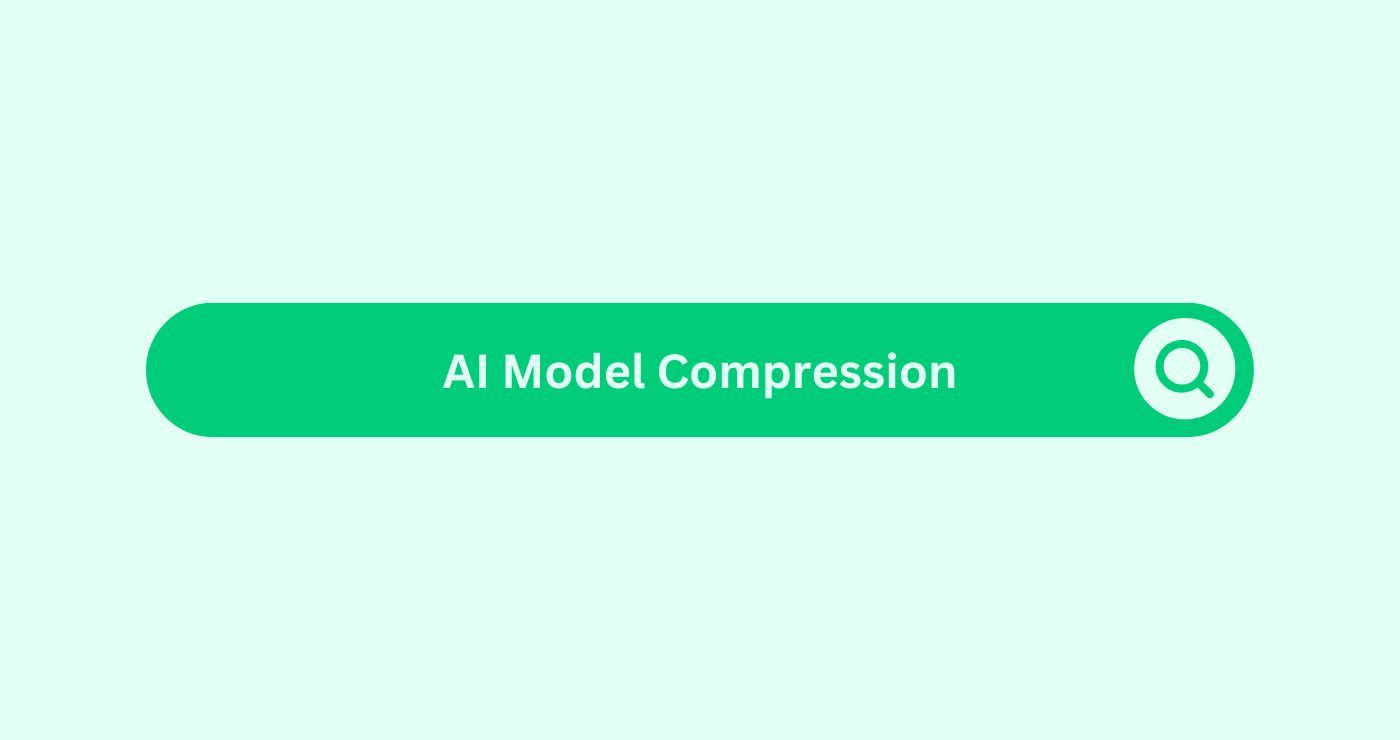Definition
AI Model Compression in AI Terms in Content MarketingDefinition Content marketing strategically creates and share... refers to the process of reducing the size and complexity of artificial intelligence models without compromising their output quality. It involves techniques like pruningDefinition In the context of SEO, pruning refers to the stra..., quantisation, and knowledge distillationImagine a skilled teacher training a student. The student le... to make models run faster, use less memory, and deploy efficiently across marketing tools, CMS platforms, and content automation systems.
For a performance marketing agency, this enables smoother delivery of AI-powered personalisationDefinition Personalisation refers to the process of tailorin... in email or ad campaigns without slowing down processing times. A digital marketing Auckland team benefits from using compressed models within content recommendation systems to deliver personalised articles and landing pagesDefinition Landing pages are standalone web pages specifical... instantly. Likewise, an SEO company gains faster content scoring insights using lightweight models that don’t depend on high-performance hardware.
Ultimately, AI Model Compression helps marketers scale real-time automation tools without sacrificing speed or content intelligenceDefinition Content intelligence—it’s basically when you ....
Example
Imagine a SEO company using a large AI model to analyse thousands of blog posts to find tone-of-voice inconsistencies. While accurate, the model takes too long to deliver feedback during live publishing.
By applying AI Model Compression—specifically knowledge distillation—the company creates a smaller, faster version of the original model. This new model provides 95% of the same insights in one-third the time. Now, editors receive near-instant recommendations during upload, improving publishing speed and maintaining SEO consistency across content.
Formulas & MetricsWhat are Metrics in the context of SEO? Metrics in SEO refer... to Track Compression Impact
To evaluate model compression, marketers assess speed, accuracy retention, and resource savings. Here’s a simplified guide:
| Metric | Formula | Example |
|---|---|---|
| Compression Ratio | Original model size / Compressed model size | 250MB / 50MB = 5× |
| Accuracy Retention (%) | (Compressed model accuracy / Original model accuracy) × 100 | (91 / 95) × 100 = 95.8% |
| Inference Time Reduction (%) | (Old latency – New latency) / Old latency × 100 | (120ms – 40ms) / 120ms × 100 = 66.7% |
| RAM Efficiency (%) | (Original RAM usage – Compressed usage) / Original usage × 100 | (1.2GB – 500MB) / 1.2GB × 100 = 58.3% |
| Real-time Uptime Gain (%) | (Improved uptime hours / Original uptime hours) × 100 | (23 / 20) × 100 = 115% |
These help digital marketing Auckland teams ensure their tools deliver accurate insights quickly and efficiently.
5 Key Takeaways
- AI Model Compression allows faster, lighter deploymentDefinition Deployment is the release of software updates and... of content intelligenceDefinition Content intelligence—it’s basically when you ... tools.
- It reduces system load without losing predictive power, especially for content ranking or tone detection.
- Performance marketing agencies benefit from low-latency delivery of personalisationDefinition Personalisation refers to the process of tailorin... across platforms.
- SEO companies use compressed models to speed up audits, keyword mapping, and content quality scoring.
- It improves mobile tool performance, expanding access to on-the-go content strategyDefinition Content strategy involves planning, creating, pub... execution.




